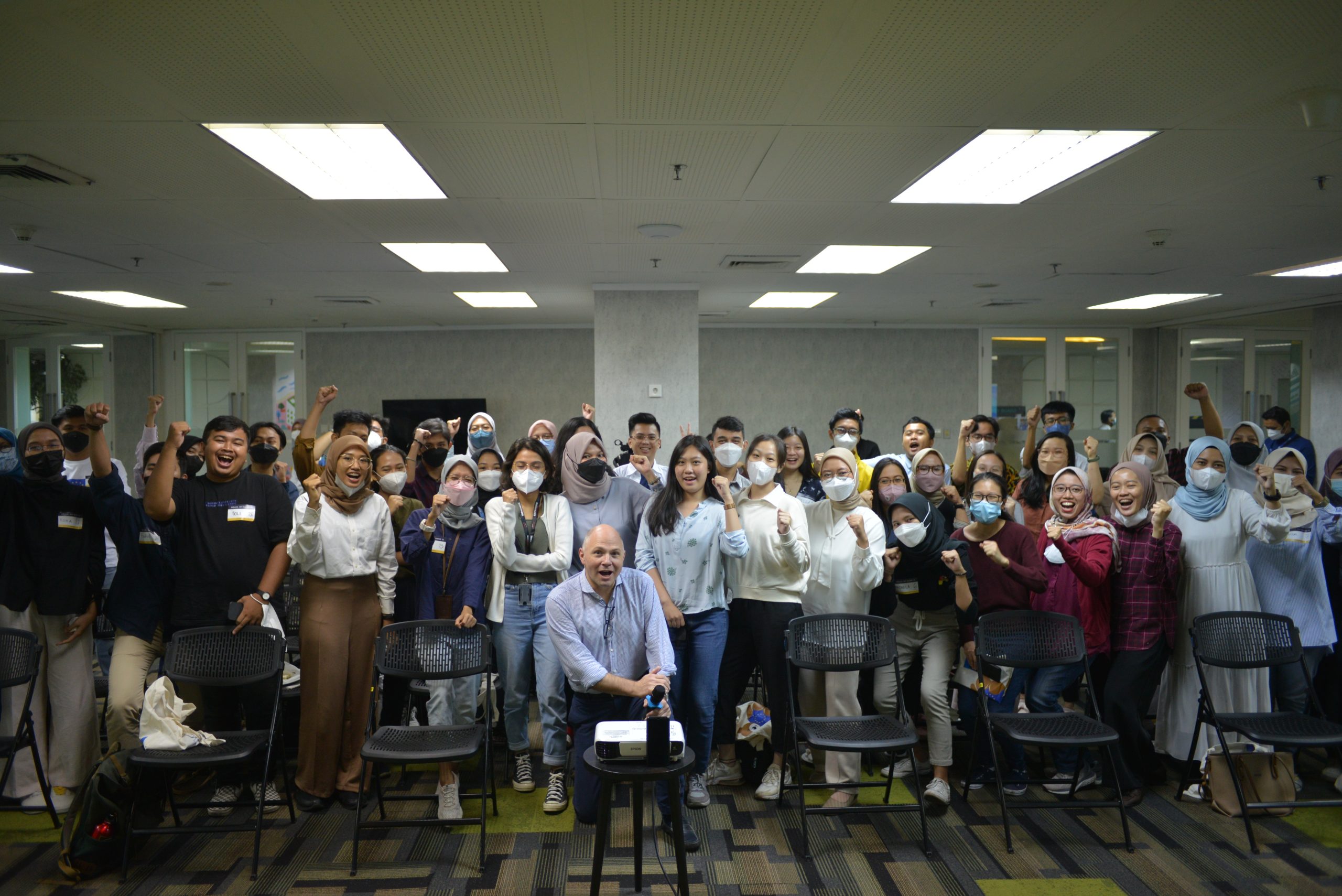
Under Consortium of AESA, TRIPPCONS also currently implementing the EUPOP Indonesia under EU-financed project. The project started in September 2018 and will finished on December 2023.
EUPOP Indonesia is expected to use in a strategic and effective manner public and cultural diplomacy and outreach instruments to target current policymakers/ policy influencers and opinion shapers/ multipliers and in particular the next generations thereof. Through the EUPOP activities it is expected to fill the identified knowledge gap, revise misperceptions and counterbalance the negative news headlines through highlighting the positive aspects of the EU to the selected target audiences, increasing trust and understanding, and conveying key messages about the value and importance of working with the EU. The European Union and knowledge about the EU’s values, policies and principles shall be brought into the cognizance of the target audiences.
EUPOP Indonesia comes at a very opportune moment as it can take advantage of a growing interest in the EU and contribute timely to tackle the lack of awareness about the EU and its actions. It is expected to contribute to creating and nurturing the necessary conducive environment for an intensified EU Indonesia bilateral relationship now and in future. Thereby, it bolsters the implementation of the Partnership and Cooperation Agreement and related policy dialogues.
The overall objective of this project is to strengthen the EU’s ability to engage in a meaningful and effective dialogue with selected target audiences in Indonesia in order to enhance the widespread understanding and visibility of the Union and its role on the world scene.
The activities under EUPOP Indonesia project take place in the capital Jakarta as well as in selected locations in the Indonesian provinces. In exceptional cases some activities could also take place in Europe as well as in other ASEAN countries. EUPOP Indonesia from 2018 to March 2023 has been organised 101 activities around 5 thematic policy clusters: 1.Climate Action and Environment; 2. Higher Education and Research; 3. Human Rights and Democracy; 4. Trade and Investment; and 5. Culture and Media.

